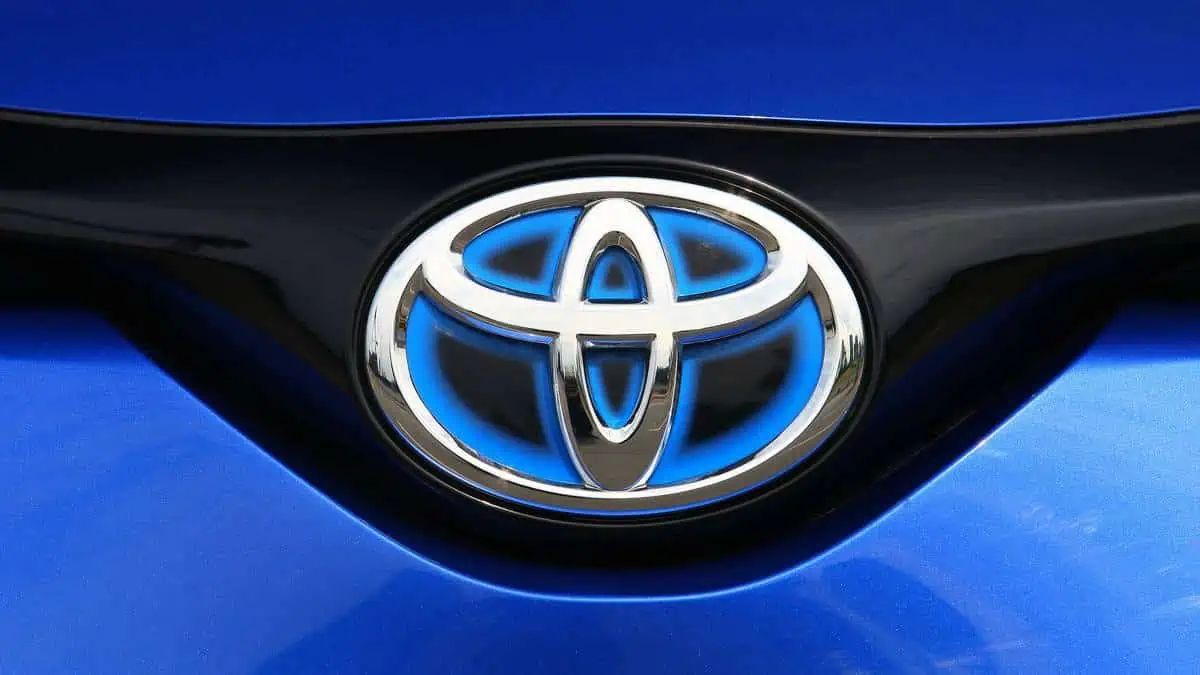Legacy automaker Toyota Motor Corp. warned on Friday that over 2 million Toyota users in Japan are at risk of having their vehicle data leaked due to human error.
Scope
The issue affected practically the entire customer base, with roughly 2.15 million users registered on the Japanese automaker’s primary cloud service platforms since 2012.
Reuters reports that the defect also extended to Toyota’s luxury brand Lexus.
More specifically, the software issue covers customers who utilized the T-Connect service, which offers numerous features such as the following:
- AI voice-enabled driving assistance,
- emergency support in a traffic accident or sudden illness
- auto connection to call centers for vehicle management
As mentioned, Lexus owners who signed up for the G-Link service were also affected.
Why did it happen?
The incident apparently occurs at a time when the largest automaker in the world by sales is investing heavily in cloud-based data management and vehicle connectivity.
As we all know, both elements are essential for delivering autonomous driving and other capabilities powered by artificial intelligence.
Specifically, it started in November 2013 until mid-April 2023. Toyota spokesperson Hideaki Homma stated that it originated from a human error that accidentally switched the cloud system’s configuration to public mode instead of private.
Alarmingly, the system contains crucial vehicle data like location and vehicle device identification numbers. The company assured that there were still no cases of malicious use.
The company also explained why it took them so long to recognize the problem.
“There was a lack of active detection mechanisms, and activities to detect the presence or absence of things that became public.”
Toyota spokesperson Hideaki Homma (via Reuters)
Japan’s Personal Information Protection Commission official stated that the office is already aware of the incident. However, the report indicated that it refused to disclose additional details.
To fix the issue, Toyota announced that they blocked external access to the vehicles’ data as soon as they identified the software issue. Furthermore, they are now investigating all Toyota Connected Corp-managed loud environments to further secure customers’ privacy.
See Also:
- Toyota hydrogen fuel cell electric powertrain secures CARB approval
- Toyota bZ3 with BYD technology formally launched in China
- Toyota announces plan to produce PHEVs with an electric range of over 124 miles
- Toyota seeks wireless charging tech with new partners
- Toyota’s new CEO continues to favor hydrogen over BEVs
Undoubtedly, the issue is a major disgrace for the legacy automaker with a track record for excellence and attention to detail.
Nonetheless, Homma said that the system’s issue had been resolved, making it safe to continue operating Connect-enabled vehicles and obviating the need to bring them in for servicing.






